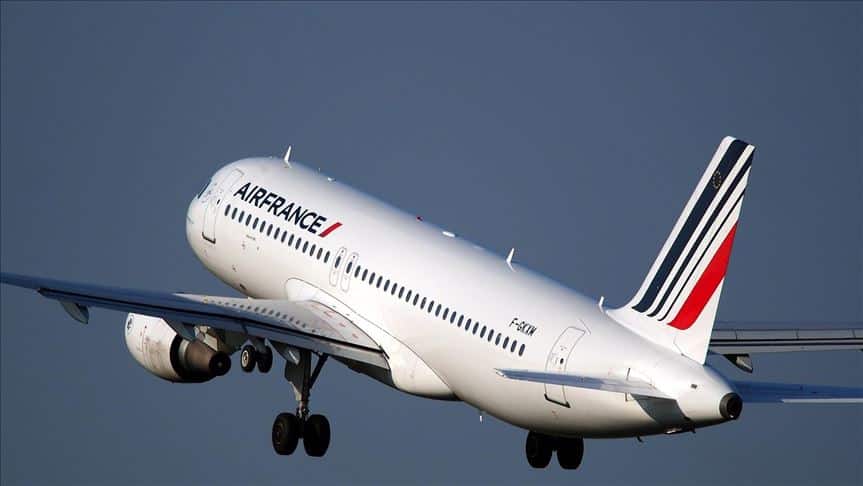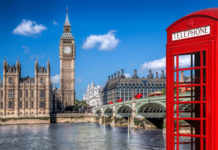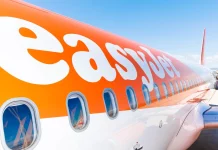
Air France-KLM flew a biofuel-powered Airbus A350 from Paris to Montreal yesterday, May 18, showing the airline’s readiness to adopt low-emissions fuel despite deep industry divisions over the pace of its adoption.
Air France 342 departed Charles de Gaulle airport with a 16 per cent mix of sustainable aviation fuel (SAF), produced by Total from used cooking oil at its bio-refinery in southern France and its Oudalle factory near Le Havre.
In a joint statement with Total, Airbus and ADP, Air France said the flight – the first transatlantic crossing powered by biofuel – was a “tangible result of the four groups’ shared ambition to decarbonize air transportation and to develop a SAF supply chain in France, prerequisite to the generalization of their use in French airports.”
The 16 per cent blend on this flight saved the emission emission of 20 tons of CO2, according to the statement.
What is Sustainable Aviation Fuel?
Sustainable aviation fuel (SAF) is a blend of conventional aviation fuel (JET-A1) and biojet fuel made from waste and residue sourced from the circular economy (animal fat, used cooking oil, etc.). Biojet fuel has similar properties to JET-A1 and produces up to 90 per cent fewer CO2 emissions over its lifecycle compared with the fossil equivalent.
Biofuel Controversy
Although SAF has the potential to slash carbon emissions, the cost can be prohibitive.
From 2022, all flights departing France will be required to use 1 per cent SAF, which is marginally ahead of an EU-wide target of 2 per cent by 2025 and 5 per cent by 2030. The targets were agreed upon as part of the EU’s Green Deal policy.
However, some airlines have sought a long-haul exemption, using the argument that an EU-only stipulation would give non-EU competitors in the US and the Gulf states an unfair advantage.
Low-cost airlines like Ryanair who don’t operate long-haul services have responded angrily, asking the EU in March that the rules apply equally to all flights originating in Europe.
Air France CEO Ben Smith said following yesterday’s flight: “For many years, the Air France-KLM Group has been committed to reducing its environmental footprint. Together with the renewal of our fleet, sustainable aviation fuels constitute our main lever in the medium-term for reducing our CO2 emissions per passenger/km by half by 2030. These two actions are therefore central to our strategy, alongside eco-piloting and achieving carbon-neutral ground operations.”




